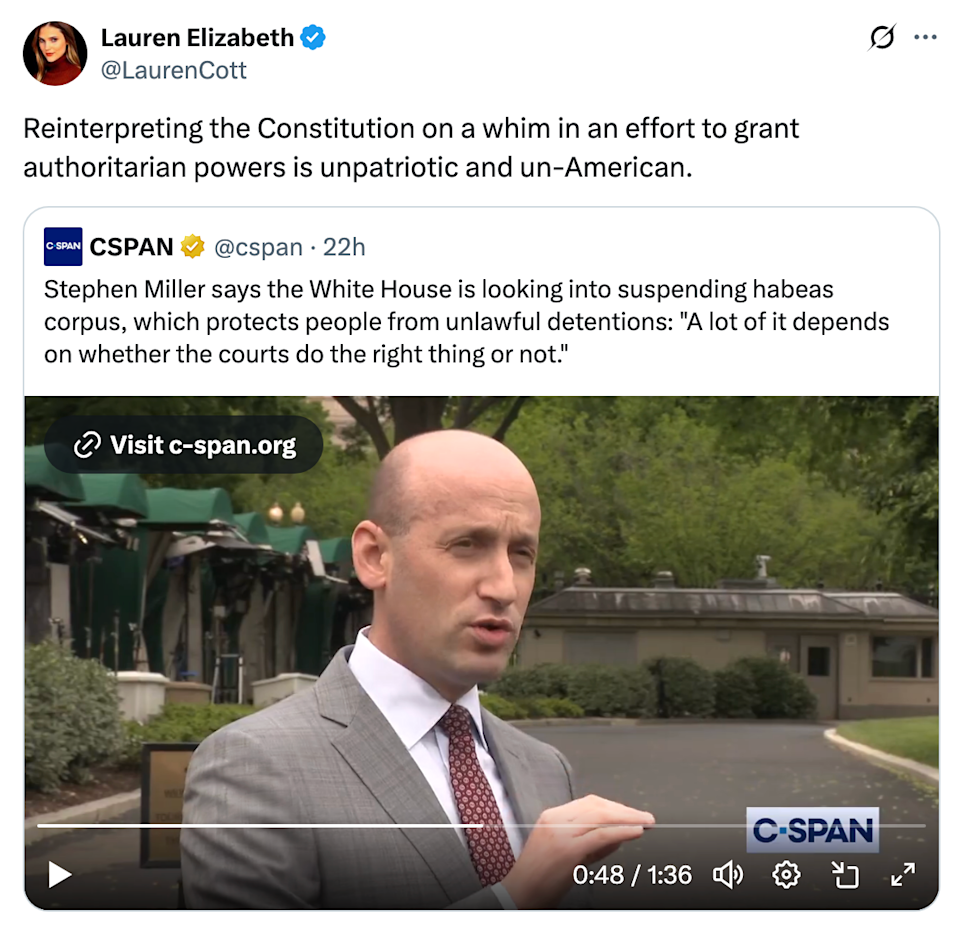Habeas Corpus Suspension: Constitutional Crisis and Its Implications

What Is Habeas Corpus Suspension?
The writ of habeas corpus is a foundational legal safeguard that protects individuals from unlawful or arbitrary detention. It allows anyone arrested or detained to challenge their detention before a court. The U.S. Constitution solidifies this right, declaring that habeas corpus can only be suspended "unless when in Cases of Rebellion or Invasion the public Safety may require it."
Habeas corpus suspension is an extraordinary action. It means that detainees lose the right to have a court review if their imprisonment is lawful. This measure is reserved for the most extreme national emergencies. Throughout U.S. history, its use has been rare but deeply significant.
Historical Precedents: When Has Habeas Corpus Been Suspended?
The suspension of habeas corpus has happened only four times in American history. Abraham Lincoln first invoked it during the Civil War to deal with insurrection. Later, it was suspended in South Carolina during Reconstruction to combat the Ku Klux Klan, in the Philippines during a 1905 uprising, and in Hawaii after the attack on Pearl Harbor. Each case reflected dire circumstances.
For a detailed account of these historical instances and the legal debate, you can read the BBC’s timeline of habeas corpus suspension.
Recent Political Controversy and Legal Debates
In recent years, habeas corpus suspension has reentered the American political debate. The Trump Administration, through senior adviser Stephen Miller, stated it is "actively looking" at suspending this constitutional right in response to persistent challenges—particularly around immigration policy.
Legal scholars and critics highlight that only Congress—not the President—has the authority to enact this suspension, as outlined in Article I of the Constitution. Despite this, claims and legal maneuvers have intensified. For example, federal judges have recently ordered the release of detained students who challenged their incarceration using habeas corpus petitions. This dynamic places the courts at odds with executive policy, adding urgency to the constitutional conversation. An in-depth perspective can be found in The New Yorker analysis on the threat to suspend habeas corpus, which explores the political and legal stakes involved.
The Legality and Risks of Habeas Corpus Suspension
At its core, suspending habeas corpus contradicts the values enshrined in the Constitution. Legal authorities point out that, short of congressional approval and an actual national emergency, such a move could set a dangerous precedent. Critics warn of the erosion of civil liberties and point to patterns in history where similar actions have led to grave abuses of power.
As reported in Yahoo News, the proposal to use invasion or public safety threats as justification is widely criticized. Experts argue that stretching the concept beyond its traditional wartime use is a slippery slope towards authoritarian power.
Why This Debate Matters Now
The contemporary discussion around habeas corpus suspension serves as a barometer for the health of American democracy. The right to judicial review checks executive and legislative power. Weakening it, even in the name of security, can open the door to lasting damage. As legal challenges and political arguments continue, it is crucial for citizens to stay informed and engaged.
Conclusion: Safeguarding Liberty
The idea of habeas corpus suspension is not abstract. It lies at the heart of the tension between national security and personal freedom. Learning from history and understanding the law ensures that this essential protection survives for future generations.
For those seeking more context and ongoing coverage, see these related resources:
- Trump administration considering suspending habeas corpus – BBC
- The Astonishing Threat to Suspend Habeas Corpus – The New Yorker
- Trump's Homeland Security Advisor Is Going Viral For Claiming The White House Is 'Actively Looking' Into Suspending 'Habeas Corpus' – Yahoo News
Continue to stay informed and engaged as debates over constitutional protections shape the nation’s future.